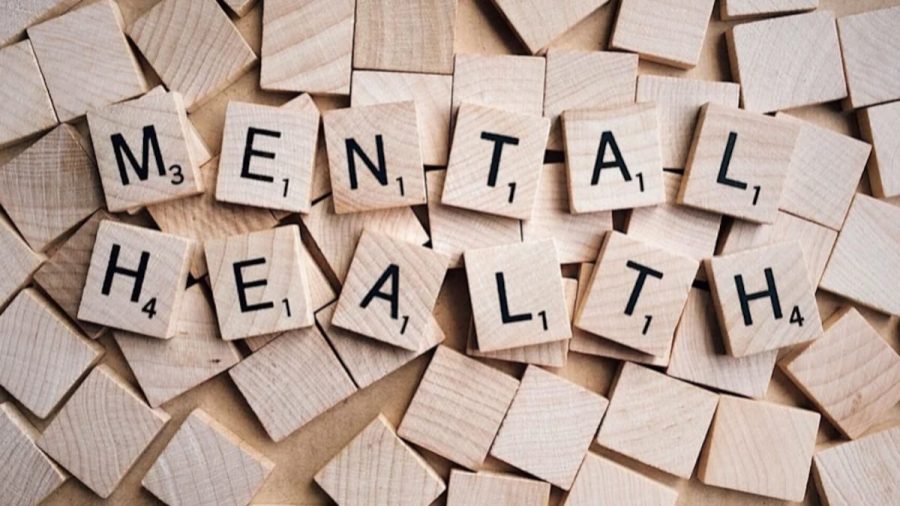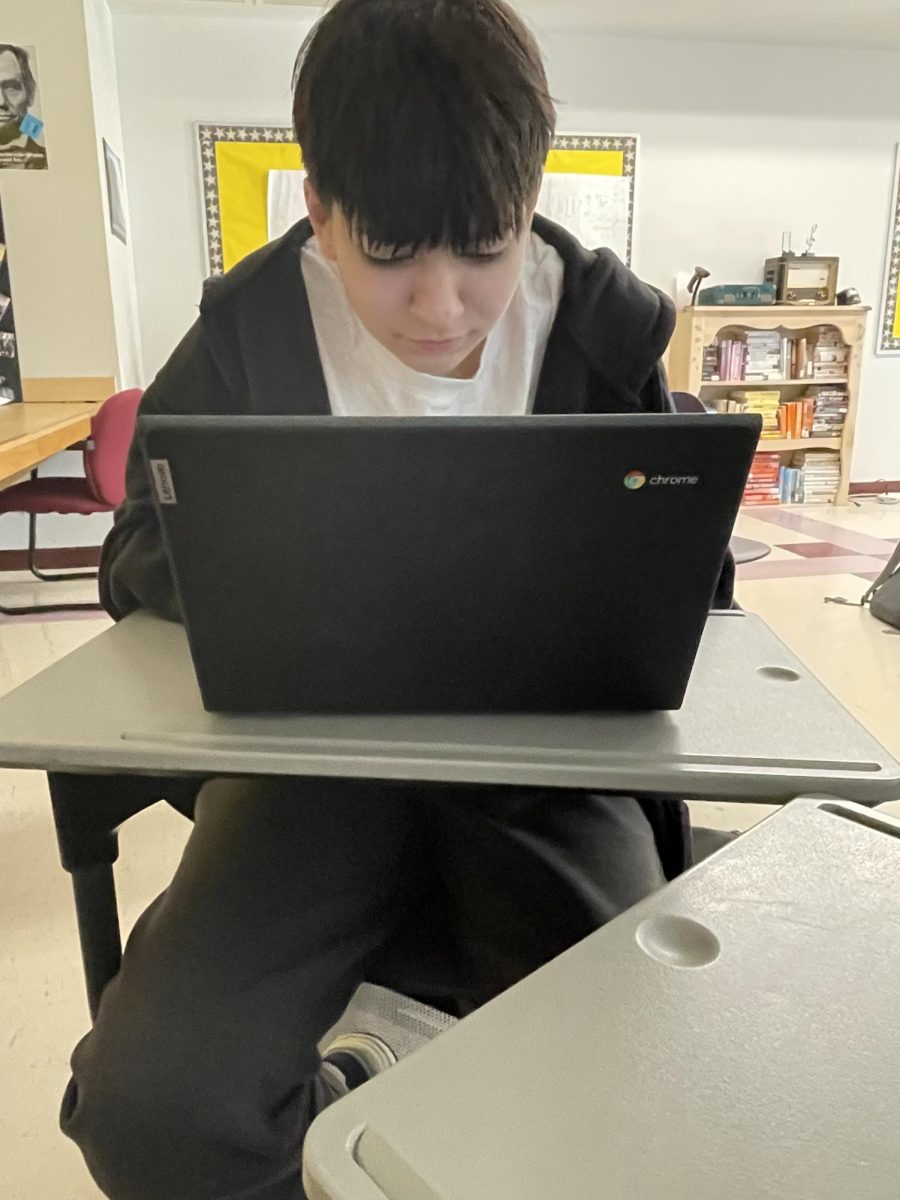Synopsis of the National School Mental Health Study Released
Mental Health
April 1, 2022
The claim that the education system negatively affects students had been unfounded for a substantial amount of time, until recently, when the Hopeful Futures Campaign created a new initiative against the growing mental health crisis.
The mental well-being of many students has been deplorable for quite some time, and because of the pandemic, it has only become increasingly worse. Studies have shown that the commonality of dire mental health conditions in youth has surged, with many teenagers feeling as though their substandard psychological health is normal, and therefore, does not require services. In reality, however, a therapeutic seminar is something that everyone, regardless of how critical his or her mental health is, should engage in.
The Hopeful Futures Campaign has deduced that efficiently providing society’s youth with the assistance that it requires means that the school board must approach students, ranging from the period between childhood and adult age, in a setting where they are frequently found in—school.
After asking sophomore Mya Tsuboi what she thinks about the mental well-being of students attending high school, she responded by saying, “I think that the mental health of most high school students is decaying due to being overwhelmed and stressed out with work.”
Comprehensive school mental health systems are the proposed institutions tasked with the responsibility of dwindling mental health issues among youth. These systems are expected to partner up with youth, families, and communities around the United States, and these partnerships are speculated to promote a more healthy environment for students attending school. This establishment of a positive school climate has the ability to not only increase the rate of development of students’ life skills, but also educate students about mental health. In implementing these school mental health services, deeply ingrained barriers, that reside within the healthcare system, can be lowered, reducing the inequities for underserved youth in doing so.
The Hopeful Futures Campaign has issued its first-ever state-specific report cards, in which they observed how strict different state policies are pertaining to mental health. These said policies have been classified into eight categories—school mental health professionals; school–family–community partnerships; teacher and staff training; funding supports; well-being checks; healthy school climate; skills for life success; and mental health education. These eight categories were identified by students, parents, and general voters as being the most integral contributors to aspects of a comprehensive mental health system in schools across the nation.
Although these report cards successfully furnish concerned community members with comprehensible synopses of school mental health policies implemented within each state, they are incapable of providing a complete analysis of where states lie on the pendulum of mental health. Therefore, everyone is urged to refer to these report cards when actively engaging in discussions about how prevalent or rare mental health policies in their states may be.






